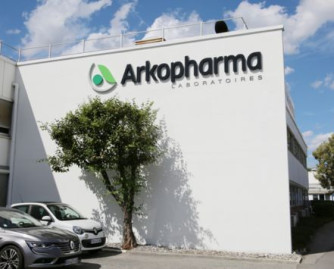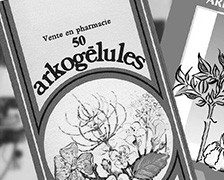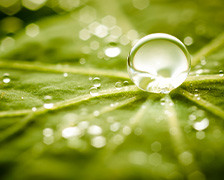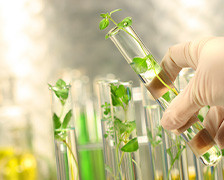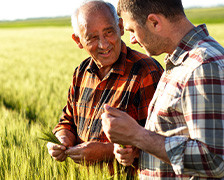100% French production
Our products, all divisions combined, are designed and developed by our pharmacists and engineers in France, on the Carros site (Alpes-Maritimes). A French design that provides quality and effective products.
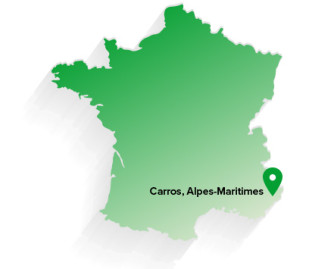
Why produce in France?
French manufacturing provides real guarantees, both from a "technical" point of view (know-how, compliance with regulatory requirements ...) as from a "societal and environmental" point of view (maintenance of local jobs, respect working conditions, respect for the environment ...).
The innovation and development of “Made in France” know-how are a priority for Arkopharma laboratories. This choice to produce French allows:
- To be in agreement with social standards that respect employees (labor security, arduousness, etc.)
- To comply with French and European standards guaranteeing an optimal level of quality and safe products
- To respect the environment by optimizing the use of transport
- To remain faithful to our region, Provence Alpes Côte d'Azur (PACA)
Being a French manufacturer is also, for Arkopharma, the satisfaction and pride of contributing to its scale to the economic and industrial development of your country, while helping to reduce its environmental footprint.
Industrial sites of excellence
In addition to our attachment to our region, the refocusing of our production activities has above all allowed us a more complete and integrated mastery of the supply chain, from the supply of components to the delivery of its customers, both for pharmaceutical status products whether food supplements or medical devices.
Today, Carros's industrial site represents:
- 1 billion capsules per year
- 212 tonnes of plants received
- 130 million tablets
- 62 million bulbs / unicadoses
- 535,000 packages shipped
